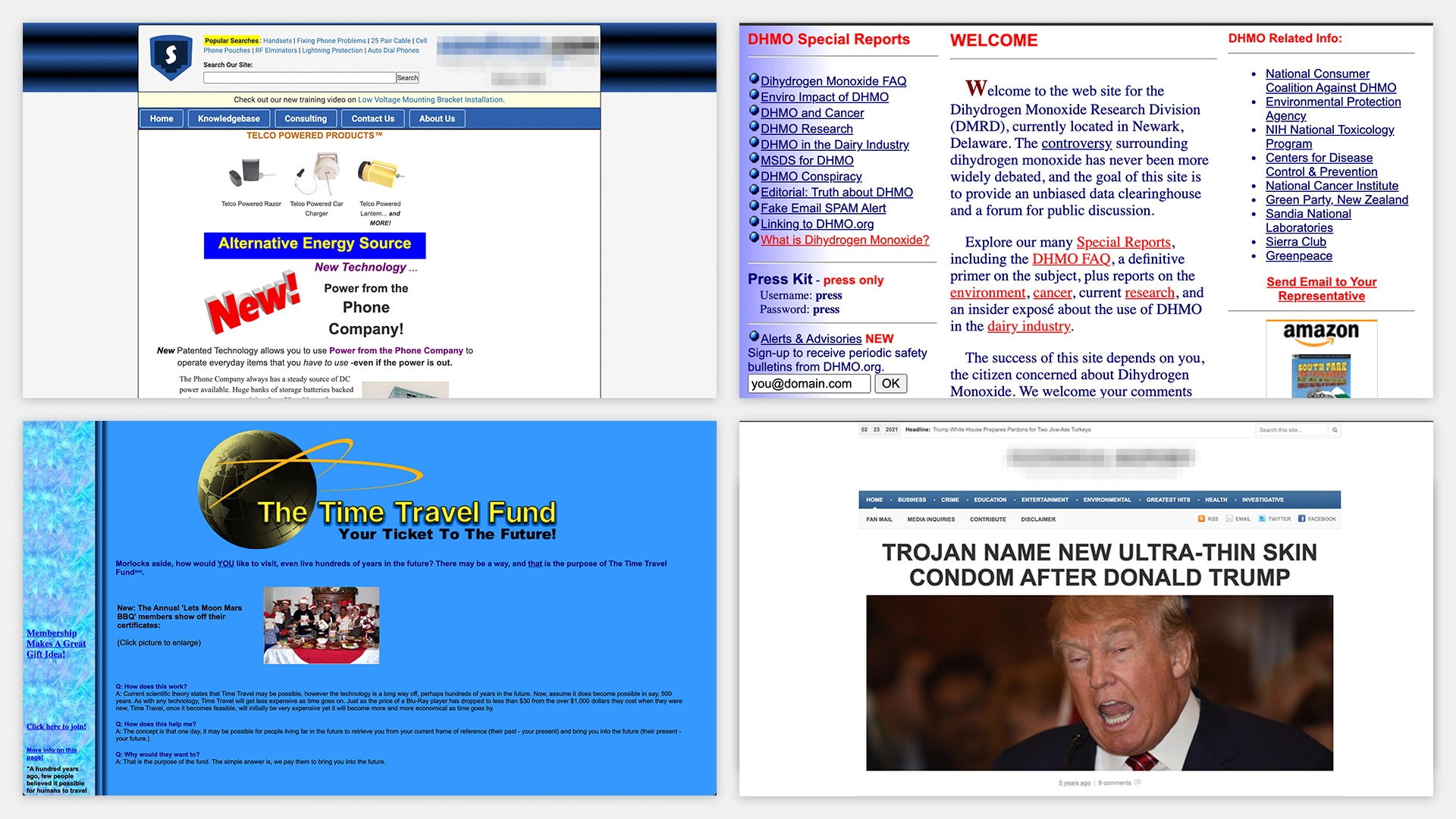People who have grown up with the internet can often tell by looking at a website whether it looks trustworthy or a scam. But what do we look for?
Integral Vision
In 2020, almost everyone moved online, and already in 2019, more than half of Hungarians had a Facebook account, for example. From an 8-year-old child (digital education) to workers and grandma is online. Older people are increasingly doing so, with statistics showing the most significant increase in this age group.
The age group is the one that is most likely to be online.
As a responsible web company, it is essential to provide guidance and help on how to know whether a website you have stumbled upon is trustworthy, whether you can order from that shop, whether the news you are reading is credible, or whether you are not cold to give your details. Those who have grown up with the internet can often tell by looking at a website whether it looks trustworthy or a scam. But what do we look for?
Website quality
This includes a lot of things, but I look at how new a website looks, how outdated its appearance is, for example, whether the content is in the middle of the browser, whether it is enclosed in a rectangle (hello the 2000s), or if I'm viewing from mobile whether the site works at all. But the choice of colors can also be a tell-tale sign, and modern sites tend to have lots of high-quality photos.
I'm also suspicious if I find an error on the site - a link doesn't work or runs to an error - maybe this site is out of date and just forgotten here? Doesn't anyone maintain it anymore?
What else you might want to check (especially if you click from google search or Facebook) is what the website address, the URL is - this is where it can turn out to be a blunder that we have ended up on a page similar to the original but with the wrong intentions, because the website address is not what we expected.

Content
I pay attention to several important things, such as titles, regarding content. If the title doesn't tell you anything or is, on the contrary, a very click hunter (e.g., When the girl opened her oven, everyone was shocked because ...), you should be suspicious. Here's an older Index compilation of click-hunter titles - it doesn't mean it's fake news. Still, it's good to watch out for them because a good number of viruses on Facebook, for example, are a weird picture and a title like this, then two clicks and you've sent the virus to everyone you know.
After the titles come the content: are we reading correct Hungarian text, or the result of google translate hunglish? If you feel that the author doesn't speak Hungarian, you can start to suspect: it's not reliable.
An excellent compilation and a great help in finding your way around are Urbanlegends.hu, and for example, this article from them, in which they list several unreliable websites, grouped by topic.
When examining the content, it is also essential to check that the authors of the content can be identified. In the case of forums and comments, it is evident to many that these are the opinions and thoughts of private individuals. But it is easy for someone to create a whole blog or website, where they write their ideas in the same way, which does not make it any more authentic than if it were a post by a user of gyakorikerdesek.hu.
It is worth paying attention to whether the content has a source, and if so, what is the source? For example, is it scientific research? Or the Hungarian News Agency (MTI)? Or another website where there is also no indication of reliability?
Reclams
Advertisements are already found in Google search; the first few results for many search terms are not the "best" results, but advertisements. Just because something is an advertisement doesn't necessarily mean it's not trustworthy (because trustworthy companies advertise themselves), but it could easily not be precisely what we were looking for.
Advertisements on websites can also be revealing - a serious portal will ensure that its ads are in order and that it doesn't flash an ad for a nail fungus remedy between two political or economic analyses.
Webshops
With online shopping on the rise, the number of online fraudsters is likely to increase. Everyone wants to buy from a trustworthy company that gives you what you expect for your money. What should we look out for?
Have a T&C on the site. This is important because it describes what they do and what they expect, the exact name of the company you're ordering from, what guarantees they offer, even how they deliver.
It's good if there's a phone number, address, maybe a chat on the website, i.e., an active customer service where you can ask if, for example, there's a delay in delivery.
If you can pay by credit card through a known bank's site, that's also a good sign, as banks have some control over webshops (for example, their existence).
If you're very thorough and want to make sure you're transferring to an existing place, you can find all Hungarian companies by name or tax number at https://www.e-cegjegyzek.hu/ and check whether the company is not in bankruptcy, for example.
Preferably there should be genuine reviews of the products (services) being marketed - i.e.; live people have bought it and been happy with it, maybe they wrote down that the delivery was a few days late or the neighbor in the hotel was noisy. Reviews obviously shouldn't be taken as cash, but it's a good sign if they exist.
If you have been the victim of a scam or fraud, you can contact the police or the Consumer Protection Authority. The latter organization has a long history of fighting online fraudsters, and you can check their website, search for suspicious online shops or make a complaint. Although the authority's site is now embedded in government sites, an older version was still produced by Integral Vision.
Share with your friends!